38 Seasonal Greek Fruits: A Juicy Guide to Mediterranean Gems
Mediterranean sun-kissed seasonal Greek fruits offer a vibrant tapestry of flavors that dance across your palate with unparalleled complexity.
These delectable treasures emerge from rich, fertile landscapes where ancient agricultural traditions intertwine with modern cultivation techniques.
Each region's unique microclimate contributes distinctive characteristics to the fruits' remarkable profiles.
Greek orchards and groves nurture extraordinary produce that reflects generations of passionate agricultural expertise.
The remarkable diversity spans from coastal lowlands to mountainous terrains, creating an incredible range of textures and tastes.
Climate, soil composition, and traditional farming methods collaborate to produce fruits of exceptional quality and nutritional value.
These culinary gems represent more than simple ingredients - they embody cultural heritage and gastronomic excellence.
Prepare to journey through 35 sensational seasonal Greek fruits that will transform your understanding of Mediterranean produce:
Greek Fruit Types and Products That Tell a Story
Greece’s sunny orchards and homemade preserves invite you to taste tradition. Savor sweet bites that celebrate the Mediterranean’s natural abundance.
Rodakina Naoussas
Greek Central Macedonian peaches are sun-kissed Mediterranean treasures bursting with exceptional sweetness and remarkable adaptability.
These prized fruits originated in China but flourished magnificently in Greece's perfect climate and fertile soil.
Multiple varieties like May Crest, Spring Crest, Red Haven, and Sun Cloud thrive in this region's unique agricultural landscape.
Farmers carefully harvest the peaches at peak ripeness, ensuring maximum flavor and quality.
Strict inspection processes guarantee only the finest fruits reach international markets.
European and Arabian Peninsula consumers eagerly anticipate these peaches, which are available from late May through October.
Their rich aroma and extraordinary taste distinguish them from ordinary peach varieties.
Systematic cultivation has transformed these fruits into a premium agricultural export for Greece.
Mandarini Chiou
Chios mandarin oranges are world-renowned citrus gems cultivated in unique Greek island conditions that create extraordinary flavor and aroma.
Mediterranean sunlight and specific soil properties produce exceptionally sweet fruit with intense fragrance that transcends ordinary citrus varieties.
Their tender orange flesh contains a complex flavor profile recognized globally for remarkable intensity.
Rough membranes protect delicate inner sections while preserving the fruit's powerful scent.
Farmers carefully nurture these trees across Chios island landscapes.
Unripe fruits already carry potent aromas that attract people from multiple regions.
Greeks call their homeland 'Myrovolos' meaning fragrant island because of these special mandarins.
Portokalia Maleme Chanion Kritis
Chania oranges represent exceptional citrus fruits grown in coastal Crete with remarkable characteristics.
Washington Navel oranges from this region boast extraordinary juiciness and intense fragrance.
Greek mythology suggests these oranges were once guarded in magical Gardens of the Esperides.
Farmers harvest these large, slightly elongated fruits by hand from mid-December through mid-May.
Their firm texture enables easy transportation across different regions.
Cretan orange groves produce some of the most flavorful citrus worldwide.
These oranges thrive in unique coastal microclimates of Chania prefecture.
Mediterranean sunlight and rich soil contribute to their superior taste and quality.
Mila Zagoras Piliou
Mila Zagoras Piliou are premium Starking Delicious apples grown in specific mountain regions of Greece with exceptional flavor and quality.
Mountain altitudes and unique weather conditions contribute to their distinctive characteristics and superior taste profile.
Local farmers carefully cultivate these apples using traditional agricultural methods passed through generations.
Zagora Agricultural Cooperative manages systematic production since the 1960s, ensuring strict quality standards.
Farmers meticulously inspect each apple's ripeness before hand-harvesting the fruit.
Careful selection process guarantees only top-grade apples enter the market.
Modern storage facilities help preserve the apples' freshness and nutritional value.
Recognized for their exceptional sweetness and crisp texture, these apples represent a significant agricultural product of the Pilios region.
Malagousia
Malagousia are exceptional white Greek wines born from an ancient grape rescued from potential extinction by Vangelis Gerovassiliou in the 1970s.
Winemakers craft these aromatic beverages with intense peach, pear, and tropical fruit characteristics.
Their complex flavor profile includes subtle citrusy and herbal undertones complemented by delicate floral hints.
Excellent quality dry and dessert styles emerge from carefully cultivated vineyards across Greece.
These full-bodied wines deliver rich and round sensations that simultaneously feel lively and fresh.
Gerovassiliou's passionate intervention transformed Malagousia from a forgotten varietal into a celebrated wine.
Mediterranean wine regions now champion this distinctive grape with increasing enthusiasm.
Sophisticated wine enthusiasts recognize Malagousia as a testament to Greek viticultural innovation.
Roditis
Roditis is a versatile pink-skinned Greek grape variety cultivated nationwide and ranking second in grape plantings.
Winemakers historically used Roditis for bulk production, but recent quality improvements have transformed its reputation.
High-altitude vineyards and old vines produce the most exceptional expressions with nuanced aromatics and medium body.
Greece's mountainous regions like Aigialia Slopes showcase the grape's terroir-driven potential through complex wine profiles.
Multiple grape clones contribute to diverse wine characteristics and flavor variations.
Winemakers blend Roditis with other varieties or craft single-varietal wines, highlighting its adaptable nature.
Mediterranean climate and specific growing conditions significantly influence the grape's final taste profile.
Subtle acidity and balanced structure make Roditis an intriguing wine with growing international recognition.
Aktinidio Pierias
Pierian kiwi are premium fruits originating from Greece's mountainous Pieria region, distinguished by exceptional preservation qualities and unique flavor profile.
Mountain-adjacent plains between Mt.
Pierus and Mt.
Olympus provide ideal growing conditions for this distinctive fruit variety.
Harvested since 1973, these kiwis maintain remarkable freshness for up to nine months after picking.
Hayward varietal kiwis develop a reddish green exterior with pale green interior flesh that delivers intense juiciness.
Specific soil composition and advanced cultivation techniques contribute significantly to the fruit's superior characteristics.
Farmers meticulously nurture these kiwis, ensuring optimal growth in the region's specialized microclimate.
Locals refer to this exceptional produce as 'Fruit of Olympus' due to its extraordinary qualities.
Regional agricultural practices have perfected this kiwi's exotic aroma and consistent quality.
Agiorgitiko
Agiorgitiko represents Greece's most widespread red grape variety, originating in Nemea and dominating wine production with remarkable versatility.
Winemakers transform this grape into multiple styles ranging from full-bodied reds to light roses and sweet dessert wines.
Nemea remains its primary growing region, producing deeply fruity wines with complex flavor profiles.
Vintners craft these wines to showcase intense fruit characteristics and occasional sweet spice undertones.
Grape clusters develop robust flavors under Mediterranean sunlight, reflecting the region's unique terroir.
Regional winemaking techniques highlight the grape's natural complexity and depth.
Sophisticated wine drinkers seek out these exceptional Greek wines for their distinctive character and smooth drinking experience.
Assyrtiko
Assyrtiko is a distinctive white Greek grape variety unique to Santorini's volcanic landscape, producing exceptional dry white wines with remarkable minerality and citrus profiles.
Volcanic ash-rich soils on the Aegean island create extraordinary growing conditions that help grapes maintain intense acidity despite long ripening periods.
Wine experts praise Assyrtiko for its unusual character that defies expectations of hot Mediterranean climates.
Grown primarily in Santorini but also found on nearby islands like Paros, these grapes create full-bodied white wines with complex flavor characteristics.
Winemakers sometimes blend Assyrtiko with Aidani and Athiri grapes to produce Vinsanto, a traditional sweet wine.
Aging potential and distinctive mineral notes make Assyrtiko wines stand out in the white wine market.
Volcanic terroir contributes significantly to the grape's unique taste profile and worldwide recognition.
Moschofilero
Moschofilero is a captivating Greek grape variety native to Peloponnese that produces crisp, aromatic white wines with bright acidity and elegant floral notes.
Popularized in the 1970s and 80s by PDO Mantinia producers, this late-ripening grape offers remarkable versatility in winemaking.
High-altitude vineyards enhance its delicate floral character, while lower elevation sites create wines with exceptional freshness.
Growers appreciate its high yield potential but must carefully manage its sensitive growing requirements.
Varietal wines showcase distinctive profiles ranging from zesty and clean to complex and nuanced.
Its aromatic profile and balanced acidity make it an ideal companion for seafood and light Mediterranean cuisine.
The grape's adaptability demonstrates the rich winemaking traditions of Greece's Peloponnese region.
Mila Delicious Pilafa Tripoleos
Tripoli Delicious Pilafa apples are exceptional Greek fruit with remarkable preservation qualities originating from Arcadia's agricultural landscape.
Developed by Ilias Andreou Pilafas after bringing seeds from America in the 1920s, these unique apples boast extraordinary longevity and distinctive characteristics.
Their green-yellow skin with dark brown spots covers juicy white flesh with a firm texture and subtle acidic flavor.
Bananas share a similar fragrance with these special apples, creating an intriguing sensory experience.
Farmers carefully harvest these apples by hand after meticulously checking individual fruit ripeness.
Grown exclusively in Arcadia's regional orchards, Tripoli Delicious Pilafa apples maintain their exceptional organoleptic properties longer than similar apple varieties.
Their extended shelf life makes them prized among regional agricultural products.
Vilana
Vilana is a distinctive white grape variety from Crete that transforms traditional winemaking expectations through its remarkable potential for creating exceptional white wines.
Mediterranean vintners discovered Vilana's hidden strengths by carefully controlling grape yields and selecting optimal terroir conditions.
Grape clusters produce light, refreshing wines with vibrant citrus and green apple aromas complemented by subtle floral undertones.
Ancient Cretan vineyards historically used Vilana as a workhorse grape for basic wine production before winemakers recognized its true quality potential.
Skilled wine producers now craft sophisticated white wines that highlight the grape's natural characteristics and regional identity.
Moderate alcohol levels and crisp flavor profiles make Vilana wines perfect for warm Mediterranean evenings.
Sommelier recommendations increasingly include these surprising white wines from Greece's oldest wine regions.
Milo Kastorias
Milo Kastorias are premium Greek apples grown in Kastoria's mountain regions with exceptional flavor and texture.
These crisp fruits emerge from carefully tended orchards nestled in perfect alpine conditions for apple cultivation.
Red varieties like Starking and Red Chief alongside yellow types such as Golden Delicious create a diverse harvest profile.
Mountain soil and ideal climate contribute to their distinctive slightly tart-sweet taste and remarkable juiciness.
Apple trees in this region have thrived since early 20th century, producing incredibly fleshy fruits.
Harvesting typically occurs in late September, with apples remaining fresh until following May or June.
European Union countries including Italy, Portugal, Germany and Netherlands import these prized apples.
Raw consumption remains most popular, though cooking variations exist.
Mavrotragano
Mavrotragano is a rare Greek grape variety from Santorini that emerged from near extinction through innovative winemaking techniques pioneered by Haridimos Hatzidakis and Paris Sigalas.
Winemakers rescued this historic grape from obscurity by transforming its traditional use in bland dessert wines into concentrated, complex dry wines with extraordinary depth.
Dark berry and spice dominate its flavor profile, complemented by intriguing notes of cinnamon, tobacco, and white pepper.
Herbal and earthy undertones add complexity to its sensory experience.
Bright acidity and firm, velvety tannins create a structured wine with impressive character.
Intense coloration signals its robust nature and concentrated flavors.
Each sip reveals layers of nuanced taste that reflect Santorini's unique terroir.
Kostifali
Kostifali grapes are signature Mediterranean red wine producers from Greece characterized by high-alcohol content and limited standalone complexity.
Native to Crete, these red-skinned grapes typically create light, fruity wines with subtle herbal and spice undertones.
Winemakers frequently blend Kostifali with Mandilaria to enhance its overall wine profile.
Kostifali vineyards demonstrate impressive high-yield potential despite inherent wine limitations.
Grown traditionally across Cretan landscapes, these grapes produce approachable wines best consumed young.
Alcohol levels remain consistently high in these regional wines.
Flavor notes often include delicate floral and herbal hints that reflect Greece's distinctive terroir.
Kerassia Tragana Rodochoriou
Kerassia Tragana Rodochori cherries burst with exceptional sweetness from unique cross-pollination between Tragana ofi Edessa and Napoleon cherry tree varieties.
These premium cherries originated in Rodochori village within Kozani prefecture during the 1950s through careful agricultural practices.
Exceptional weather and specific soil conditions contribute significantly to their distinctive flavor profile.
Local farmers meticulously cultivate these trees using traditional agricultural techniques.
Hand harvesting occurs in early summer, ensuring peak ripeness and quality.
Regional microclimatic conditions play a crucial role in developing their superior taste.
Mountain terrain and specific geographical elements further enhance these remarkable cherries' exceptional characteristics.
Stafida Soultanina Kritis
Sultana raisins are unique sun-dried grapes with an extraordinarily high sugar concentration, cultivated in Crete by refugees from Asia Minor who introduced Sultanina grape varieties in the early 20th century.
These golden-hued dried fruits emerge from grapes harvested between mid-August and mid-September during Crete's intensely sunny summer months.
Sultanina grapes replaced traditional local Cretan grape varieties through agricultural migration and innovative cultivation techniques.
Minimal rainfall and extended sunlight create ideal conditions for producing these sweet, concentrated raisins.
Farmers carefully harvest and immediately dry the grapes to preserve their natural sugars.
Sultana raisins develop a rich, intense flavor profile through precise agricultural methods.
Firiki Piliou
Firiki apples emerge from Makrinitsa's mountainous Greek orchards as distinctive small fruits with remarkable sun resistance and elongated shapes.
Black Sea immigrants introduced these yellowish-green apples with reddish patches to Greece during the 19th century.
Farmers carefully hand-harvest these fragrant fruits to preserve their delicate structure and prevent bruising.
Malus domestica Borkhspecies trees grow across multiple regional villages including Portaria, Zagora, and Artemida.
Their crisp texture and intense aroma make them exceptional among apple varieties.
Remarkable storage capabilities allow these apples to maintain their organoleptic properties without refrigeration.
Firm-fleshed and resilient, firiki apples represent a unique agricultural treasure of Greek mountain regions.
Robola
Robola is a distinctive white Greek grape variety exclusively cultivated in central Greece and Ionian islands, particularly thriving on Cephalonia's mountainous terrain.
Wine produced from this grape showcases exceptional quality with bright, refreshing characteristics and balanced medium body.
Robola wines deliver complex aromas of citrus fruit, white flowers, and white-fleshed fruit, with premium vintages revealing elegant mineral undertones.
Higher altitude vineyards generate more refined expressions of this grape's potential.
Wine experts distinguish Robola from similar Italian Ribolla Gialla after extensive research confirming their separate origins.
Vintners carefully manage these grapes to preserve their delicate flavor profile.
Specific growing conditions significantly influence Robola's nuanced taste and aromatic complexity.
Mediterranean climate and volcanic soils contribute to the grape's unique sensory experience.
Koum Kouat Kerkyras
Corfu kumquats are sweet-sour miniature citrus fruits originating from China that flourished in Greece's gentle Mediterranean climate.
These golden-orange fruits grow exclusively on Corfu's fertile terrain during winter and spring months.
Kumquats offer unique culinary versatility with their entirely edible peel and pulp, delivering contrasting flavor profiles in a single bite.
Farmers carefully hand-pick only perfectly ripe fruits between January and May, ensuring premium quality.
Rich in essential oils, vitamin C, fiber, and antioxidants, kumquats provide impressive nutritional benefits despite their small size.
Greek producers transform these tiny fruits into marmalades, liqueurs, and preserves that showcase their distinctive taste.
Locals treasure kumquats as a regional specialty with deep agricultural roots.
European botanical enthusiasts recognize this fruit as a rare botanical gem from the Fortunella margarita species.
Xera Syka Kymis
Kymi figs are premium sun-dried organic delicacies harvested exclusively from Evia Island's Traganikavariety in Greece.
These exceptional figs grow on trees naturally resistant to pests, eliminating the need for chemical treatments.
Farmers gather fully ripe figs during August and September using traditional wooden baskets called 'telara'.
Skilled workers process the figs with historic sulphur vapor techniques in specialized chambers.
After cutting the figs in half, producers spread them under direct sunlight for four to five days.
Natural drying concentrates their rich flavor and preserves their unique texture.
Each fig represents generations of agricultural expertise from Greece's Kymi municipality.
Traditional methods ensure these figs maintain exceptional quality and authentic taste.
Syka Vavronas Markopoulou Messongion
Vasilika Mavra figs are exceptional dark burgundy Greek fruits grown in Attica's Markopoulo Mesogion municipality.
Royal Black figs from Greece boast a unique deep color and remarkable pear-shaped profile.
These self-pollinating fruits require no wasp intervention during growth.
Mavra Markopoulou figs share similar characteristics with black peels and sweet flesh.
Farmers harvest these varieties between August and November.
Regional producers cultivate these figs using specific local techniques.
Both varieties demonstrate extraordinary succulence and sweetness.
Mediterranean agricultural traditions preserve these distinctive fruit characteristics through careful cultivation methods.
Fragosika
Fragosika are sweet, nutrient-dense prickly pear fruits native to the Aegean islands, particularly thriving on Symi where locals call them the island's "banana" due to their exceptional nutritional value.
Grown on resilient cacti with sharp spines, these fruits offer a remarkable blend of vitamins and minerals that support overall health.
Mediterranean farmers carefully harvest the vibrant reddish-purple fruits by hand, ensuring minimal damage to the delicate skin.
Wild and cultivated varieties populate rocky landscapes across Greek island terrain.
Unique growing conditions contribute to their intense flavor profile and deep color.
Careful preparation involves removing thin spines before consuming the juicy interior.
Greeks enjoy fragosika fresh or transformed into jams, syrups, and traditional desserts.
Rich antioxidants make these fruits a popular natural wellness ingredient in regional cuisine.
Vidiano
Vidiano, an ancient white grape native to Crete, emerges as a remarkable wine varietal with a rich historical legacy and exceptional character.
Cultivated primarily around Rethymnon, this grape variety nearly vanished from Cretan vineyards before winemakers rediscovered its extraordinary potential.
High in alcohol and acidity, Vidiano wines display a straw-colored hue that deepens with age, revealing a complex profile of melon, apricot, and quince aromas.
Subtle floral undertones and hints of spice and minerality enhance its sophisticated flavor spectrum.
Dating back to the 13th century, Vidiano represents a resilient grape that survived near extinction and now produces premium white wines.
Modern vintners have carefully nurtured this indigenous variety, transforming it into a celebrated expression of Cretan viticulture.
Characterized by a rich and creamy texture, Vidiano wines offer wine enthusiasts a unique taste of Greece's viticultural heritage.
Korinthiaki Stafida Vostitsa
Corinthian raisins are exceptional sweet dried grapes originating from Aigio, Greece, with roots dating back to the 13th century.
Grown on hills near the Gulf of Corinth, these tiny black Vostizza grapes boast an impressive 75% sugar content.
Farmers carefully cultivate small, seedless grapes that undergo natural air-drying processes.
Workers meticulously sort and clean each raisin by hand before packaging.
Vegetable oil sometimes provides a glossy finish to enhance their appearance.
Small in size but intense in flavor, these raisins represent a unique agricultural tradition.
Mediterranean cuisine frequently incorporates these concentrated sweet treats.
Aktinidio Sperchiou
Sperchiou kiwis are rare Greek fruits grown exclusively in Greece's Spercheios River valley, distinguished by their unique adaptation to hot climates and high precipitation levels where most kiwi trees would struggle.
Farmers in Phthiotis prefecture carefully cultivate these specialized kiwis in fertile plains with challenging growing conditions.
Mountain river valleys provide perfect microclimates for these exceptional fruits to develop intense flavors and robust characteristics.
Despite high production costs that make these kiwis expensive, local agricultural communities increasingly promote their distinctive qualities.
Regional agricultural experts work to increase market awareness about these exceptional kiwis.
Agricultural techniques passed through generations help sustain these unique fruit varieties.
Traditional farming methods contribute to maintaining the kiwis' exceptional taste profile.
Ongoing efforts aim to expand recognition of this remarkable Greek agricultural treasure.
Savatiano
Savatiano grapes are Greece's most popular white wine variety, transforming from bland table wines to sophisticated, complex beverages.
Winemakers now focus on quality by selecting cooler vineyard sites and harvesting earlier to preserve the grape's natural characteristics.
Dry Savatiano wines showcase citrus, apple, and floral notes with medium body and moderate acidity.
Mineral and herbaceous undertones add depth to these wines, which can range from crisp and light to rich and creamy.
Some producers experiment with skin-contact and oak aging, creating more intricate flavor profiles.
Traditional retsina wines, flavored with pine resin, once defined Savatiano's reputation.
Modern techniques have elevated these wines from simple table drinks to nuanced expressions of Greek terroir.
Food pairings vary from light seafood dishes to more complex Mediterranean cuisine.
Stafida Zakynthou
Zante currants are concentrated sweet raisins from small Black Corinth grapes grown exclusively on Zakynthos island in Greece since the 16th century.
Mediterranean sunshine and unique island soil conditions create their distinctive intense sweetness and deep purple color.
Farmers carefully hand-harvest the grapes when they reach peak ripeness and naturally sun-dry them on paper or plastic racks without chemical additives.
Each cluster undergoes gentle processing to remove stalks after complete dehydration.
Traditional agricultural methods preserve their pure flavor profile.
European markets recognize these raisins as Corinthian raisins with exceptional sugar concentration.
Culinary professionals value them for baking, desserts, and specialty recipes.
Greeks consider these tiny dried fruits a precious regional agricultural treasure.
Stafida Ilias
Mavrodafni raisins are premium black grape varieties exclusively grown in Ilia prefecture, boasting unique characteristics shaped by exceptional regional soil and climate conditions since the 14th century.
Sun-dried or shade-dried on special surfaces, these grapes mature earlier than typical varieties and showcase a distinctive round shape with deep black coloration.
Greek farmers harvest these sweet raisins in August using traditional methods that preserve their rich flavor profile.
Two drying techniques distinguish Mavrodafni raisins: direct sunlight exposure on alonia surfaces and slower shade-drying on specialized frames.
Each method impacts the raisin's final appearance and taste, creating a nuanced agricultural product.
Mediterranean weather contributes significantly to the raisins' exceptional sweetness and uniform texture.
Ancient agricultural practices continue to influence modern production of these exceptional black raisins from western Greece.
Xira Syka Taxiarchi
Taxiarchi figs are sun-dried delicacies from northern Euboea's mountain villages that burst with extraordinary sweetness from exceptional Mediterranean growing conditions.
These thin-skinned figs develop a remarkable honey-caramel aroma through careful hand-picking in August and slow sun-drying techniques.
Mountain landscapes and Aegean Sea breezes contribute to their unique flavor profile, creating an unparalleled taste experience.
Specific villages like Taxiarchis, Neos Pyrgos, and Agios Georgios produce these exceptional fruits under perfect climate conditions.
Long sunshine hours enhance their natural sugars, making them incredibly rich and flavorful.
Farmers harvest these figs with meticulous attention to preserve their delicate characteristics.
You can enjoy them as standalone snacks, chopped in salads, or paired with cheese and cold cuts.
Their light yellow color and intense sweetness make them a prized regional specialty.
Debina
Debina grapes craft crisp, refreshing white wines with bright citrus and green apple profiles characteristic of Greece's Epirus region.
These high-acid grapes specialize in dry and sparkling wine styles from Zitsa, delivering exceptional quality despite limited international recognition.
Winemakers transform Debina into young, energetic wines with subtle toasty undertones.
Zesty and light-bodied, these wines complement seafood and vegetable dishes perfectly.
Their refreshing nature makes them ideal for warm weather drinking.
Sparkling versions add extra complexity to the grape's natural character.
Winemaking techniques highlight Debina's inherent freshness and acidity.
Regional traditions ensure these wines remain true to their Greek origins.
Limniona
Limniona is a rare and emerging Greek red grape variety native to Thessaly that transforms traditional winemaking with its unique character.
Wine producers have recently discovered its exceptional monovarietal potential after centuries of using it primarily for blending.
Zafeirakis, a dedicated winemaker, rescued this grape from potential extinction by championing its distinct qualities.
Limniona wines offer smooth, elegant experiences with vibrant aromas of dark berries, pomegranate, and maraschino cherries complemented by subtle herbal undertones.
These wines feature high acidity and a mineral backbone with firm yet balanced tannins.
Sommeliers recommend pairing Limniona with charcuterie, red meats, lamb, pork, and tomato-based dishes.
Its growing popularity signals an exciting renaissance in Greek wine culture.
Kidonitsa
Kidonitsa is a rare Greek grape variety rescued from near extinction by passionate Peloponnese producers, now celebrated for creating exceptional white wines with distinctive character.
Wines from this ancient grape primarily emerge from Laconia, featuring bright yellow colors and crisp acidity.
Dry white wines showcase a medium body with pronounced quince notes, reflecting the grape's Greek name origin.
Aromatic profiles include delicate floral and citrus undertones that complement its unique roundness.
Winemakers carefully cultivate these grapes to preserve their exceptional qualities.
Each bottle represents a remarkable preservation of agricultural heritage.
Small production volumes make Kidonitsa wines particularly special for wine enthusiasts.
Grape survival demonstrates the dedication of regional wine producers to protecting indigenous grape varieties.
Messenikola
Mavro Messenikola are distinctive red wine grapes grown exclusively in Greece's Thessaly region, representing a unique viticultural treasure with deep regional roots.
Mediterranean wine experts prize these grapes for producing robust, complex dry red wines with intense dark fruit characteristics.
Winemakers harvest these grapes from small, carefully tended vineyards nestled in the mountainous landscape of Messenikolas.
Greek wine regulations mandate that wines bearing this designation must contain at least 85% Mavro Messenikola grapes, ensuring authenticity and quality.
Local vintners supplement the primary grape variety with complementary regional red grape cultivars to enhance flavor complexity.
Established in 1989, the official designation protects and promotes this distinctive wine tradition.
Mavro Messenikola wines typically feature rich, earthy undertones with subtle notes of blackberry and plum.
Muscat Blanc A Petits Grains
Muscat Blanc a Petits Grains are small-berried grapes cherished for their extraordinary aromatic complexity and global winemaking versatility.
French vineyards in Rhone Valley and Languedoc-Roussillon regions showcase this grape's finest expressions through sweet fortified wines like Muscat de Beaumes-de-Venise.
Italian winemakers transform these grapes into Moscato d'Asti, a lightly sparkling, low-alcohol wine bursting with intense fruit and floral notes.
Spanish vintners similarly craft sweet Moscatel wines from this remarkable varietal.
European winemaking traditions leverage the grape's high acidity and distinctive characteristics to produce diverse styles ranging from intensely sweet to crisp and refreshing.
International wine regions recognize Muscat Blanc a Petits Grains for its unique ability to create wines with profound orange blossom, rose petal, apricot, and citrus aromatics.
Meet the Makers: Greece’s Leading Fruit Producers
Take a closer look at the families and farms bringing Greek fruit to the world. Their dedication means every harvest is a feast for the senses.
Eriza
ERIZA jams represent authentic Greek fruit preservation techniques from Kalamata, Greece, crafting premium spreads using locally harvested fruits.
Passionate artisans carefully select high-quality regional ingredients to maintain natural flavors and nutritional integrity.
Meticulous traditional production methods ensure each jar captures the pure essence of fresh fruits.
Their diverse product range includes multiple flavor profiles appealing to domestic and international consumers.
Family-owned and dedicated to quality, ERIZA transforms seasonal fruits into exceptional preserves.
Small-batch processing highlights the unique characteristics of each ingredient.
Sustainable practices and commitment to local agriculture define their brand philosophy.
Mediterranean culinary traditions shine through every carefully crafted jar of jam.
Citrus Aroma Mnimis
Citrus Aroma Mnimis marmalades represent authentic Greek culinary craftsmanship from Chios island, delivering premium citrus-based products with exceptional local flavor profiles.
Mediterranean regional traditions inspire their sustainable production techniques and unique recipe selections.
Specialized small-batch marmalades feature carefully selected island-grown citrus fruits processed through time-honored methods.
Family-owned operations ensure quality control and preservation of traditional preparation techniques.
Spoon sweets and liqueurs complement their core marmalade product range.
Natural ingredients and environmentally conscious practices distinguish their artisan approach.
Greece's rich agricultural heritage shines through each carefully crafted product.
Chios's distinctive citrus varieties contribute distinctive aromatic characteristics to their exceptional preserves.
Greek Fruits and Products to Brighten Your Table
Brighten up every meal with juicy Greek fruits and classic fruit preserves. These sunny flavors turn simple snacks into something truly special.
Citrus Aroma Mnimis Chios Mandarin Peel Spoon Sweet
Chios mandarin peel spoon sweet transforms tangy citrus peels into a luxurious Greek dessert preserved in rich sugar syrup.
Crafted by Citrus Aroma Mnimis P. C., this traditional sweet captures the essence of Chios mandarins with remarkable precision.
Candied peels retain their natural aromatic qualities while becoming tender and sweet.
Greek culinary traditions inspire this delicate preservation method that elevates simple fruit into an elegant treat.
Smooth syrup envelops each mandarin peel, creating a balanced flavor profile between bitter and sweet.
Locals enjoy the spoon sweet as a standalone dessert or elegant topping for yogurt and ice cream.
Mediterranean preservation techniques ensure maximum flavor retention in each carefully prepared piece.
Distinct citrus notes shine through the sweet syrup, offering a pure taste of Chios island's agricultural bounty.
Which Fruits Are Dried and Eaten as Snacks in Greece?
In Greece, dried fruits are a popular and traditional snack, cherished for their natural sweetness and nutritional benefits. Common dried fruits enjoyed include:
These dried fruits reflect Greece’s Mediterranean heritage, offering healthy, delicious snacks throughout the day.

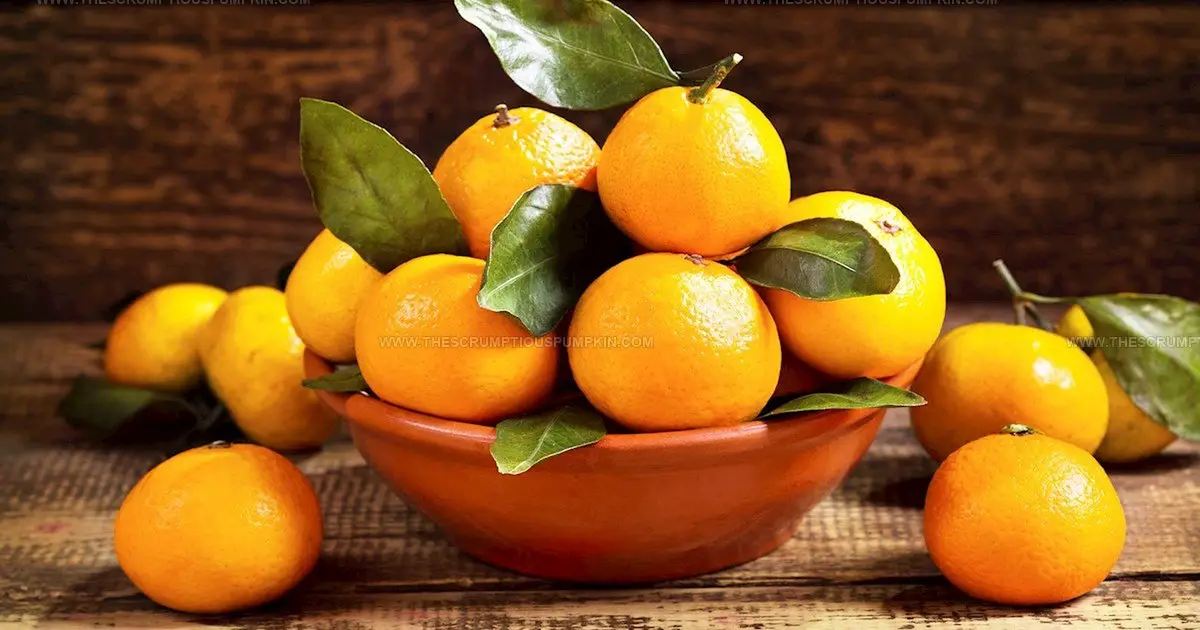
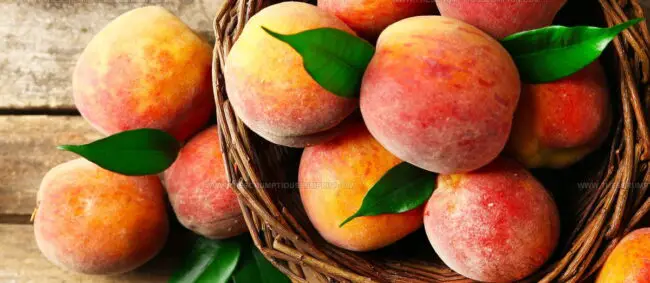
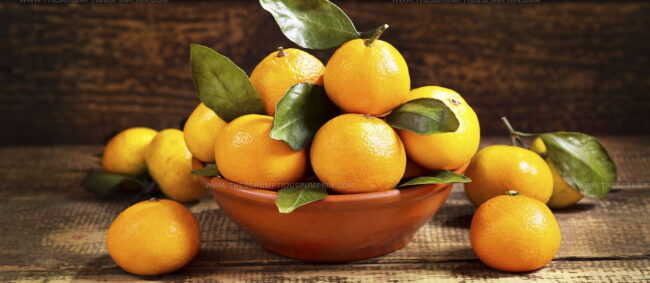
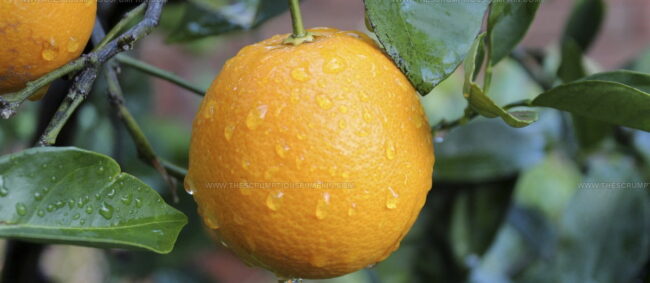
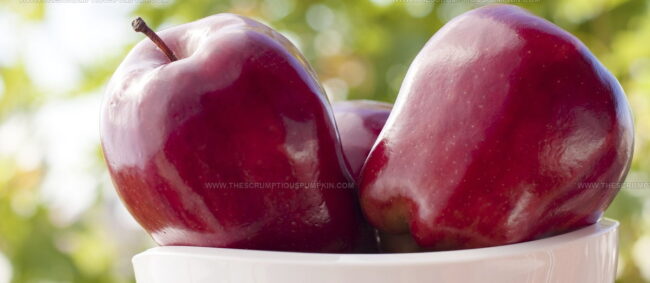
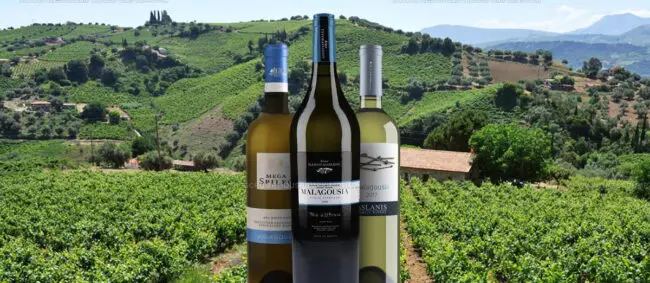
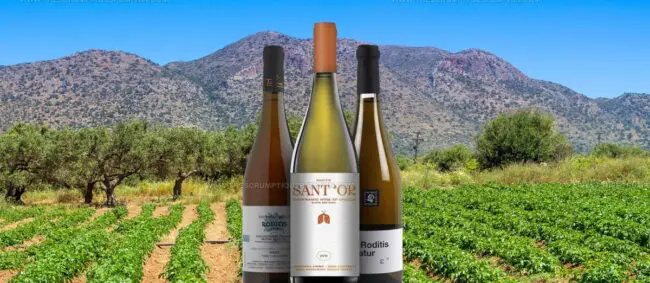
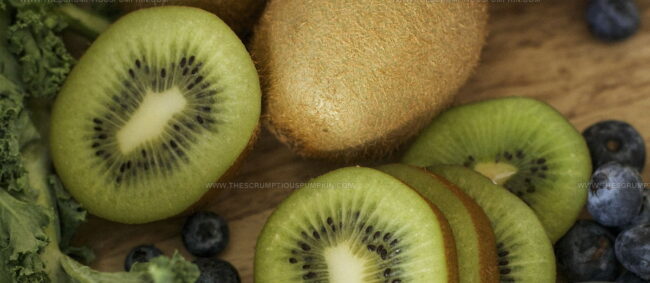
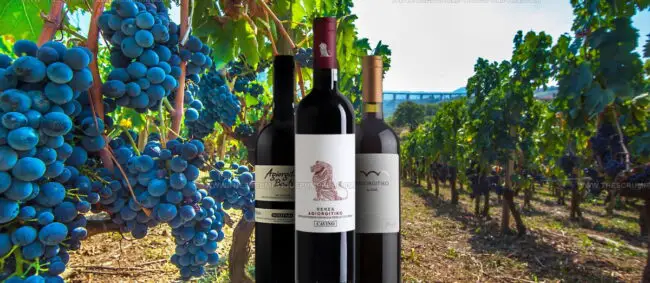
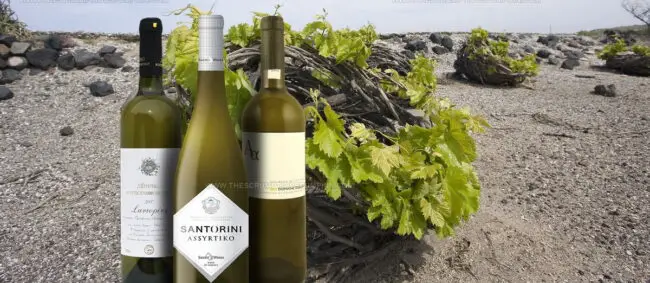
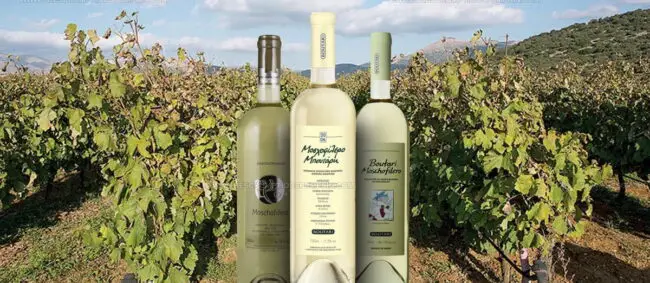
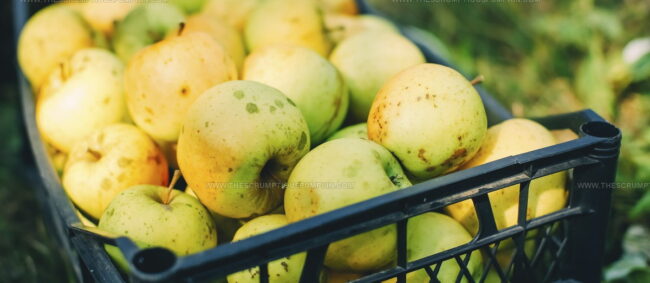
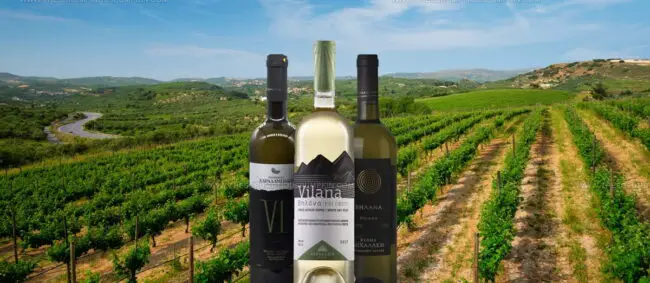
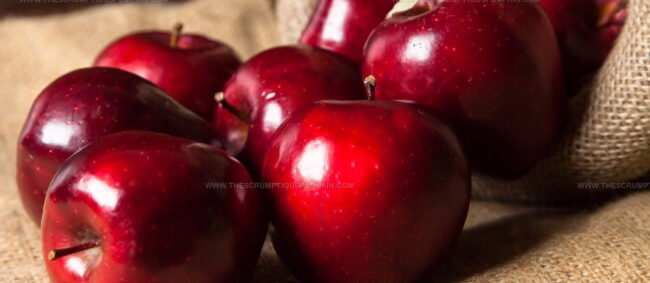
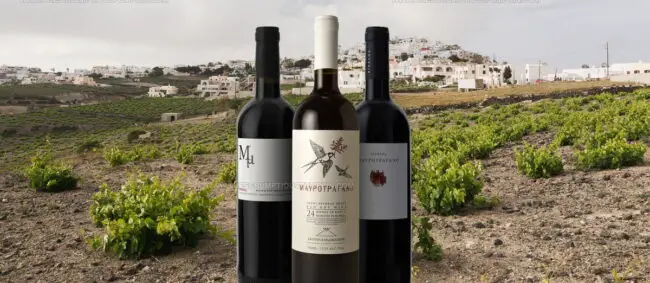
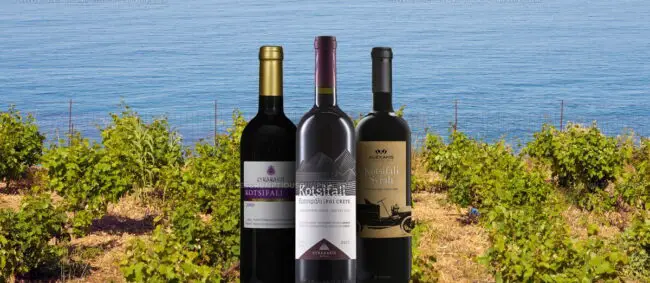
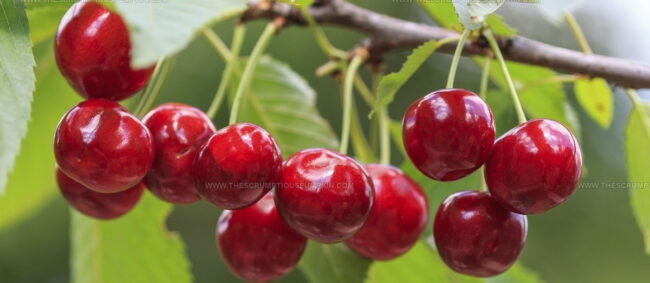
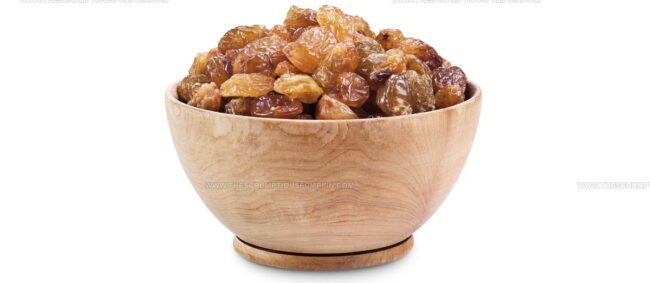
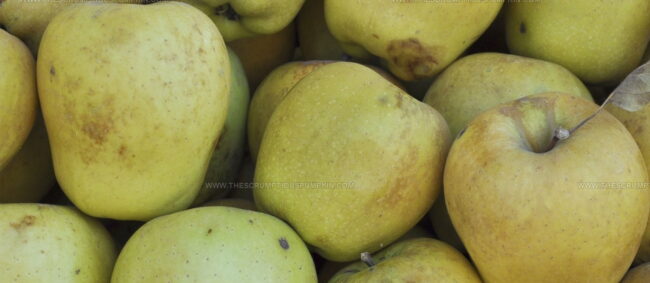
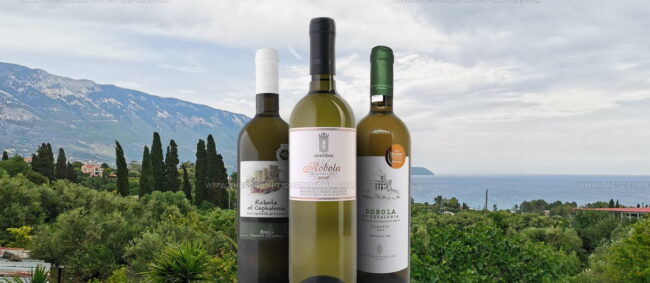
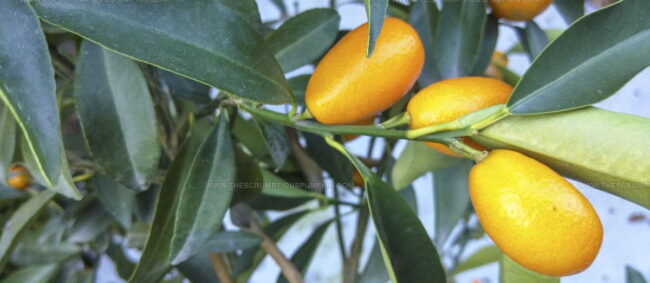
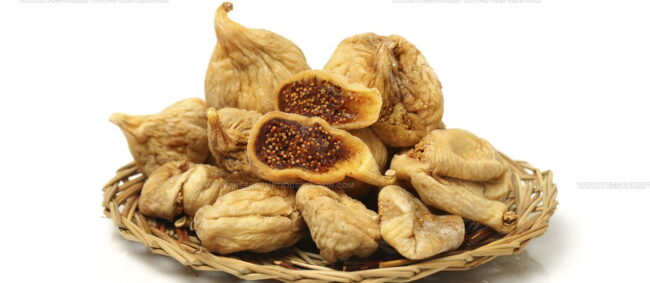
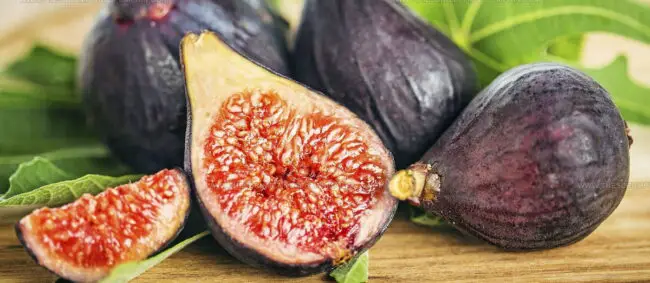
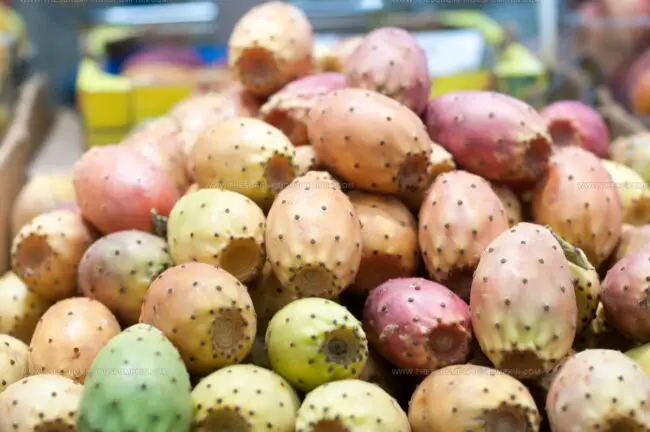
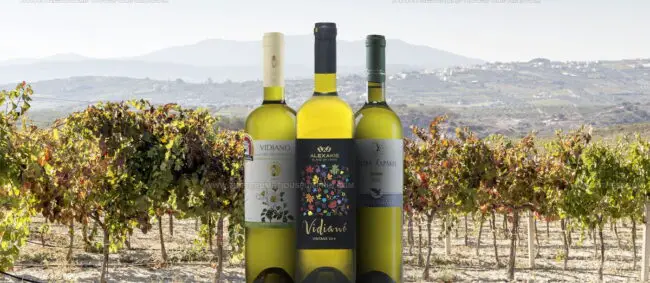
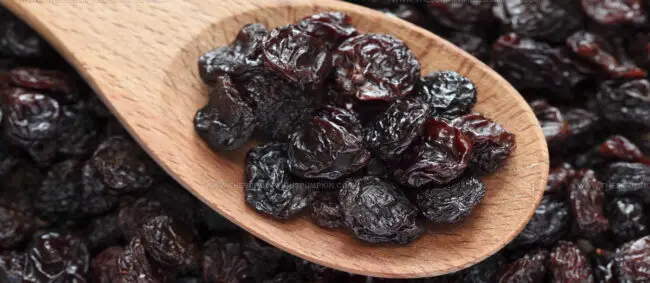
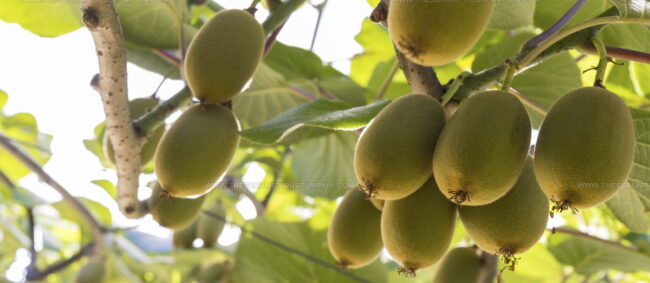
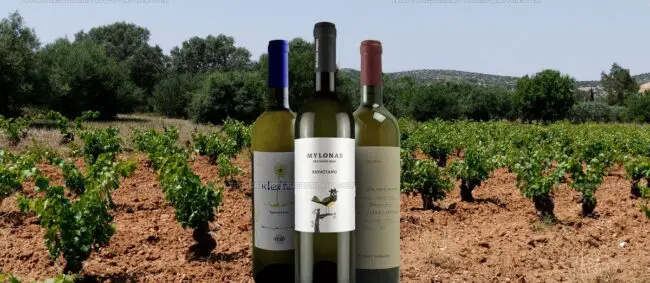
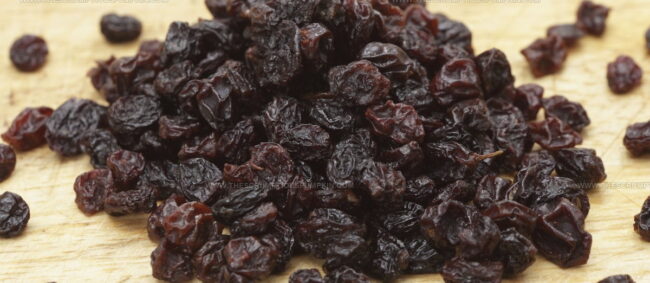
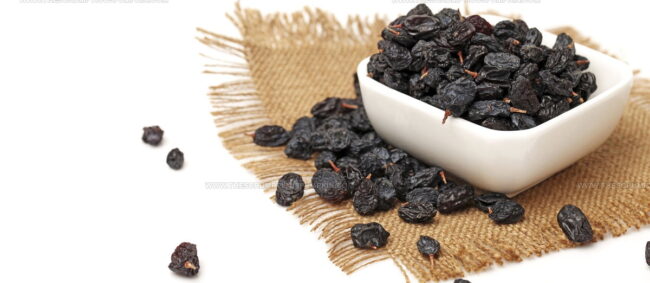
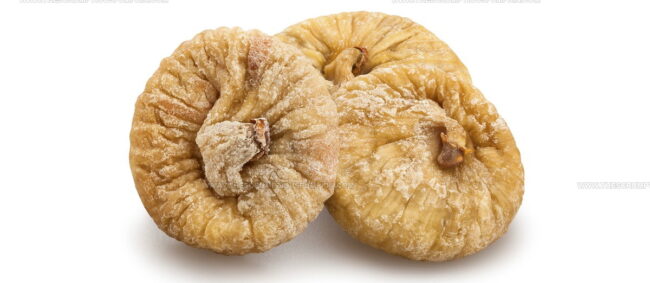
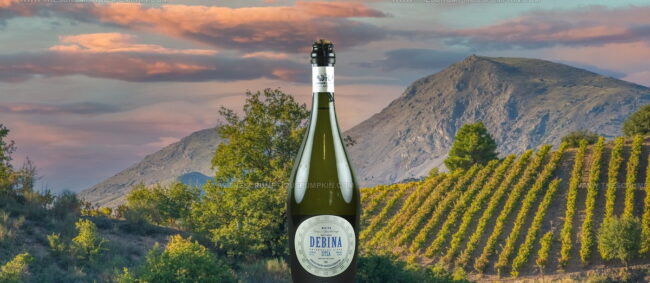
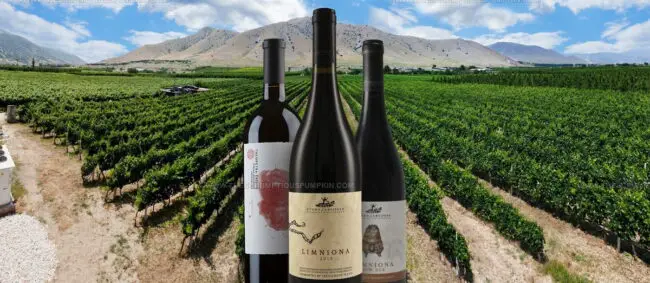
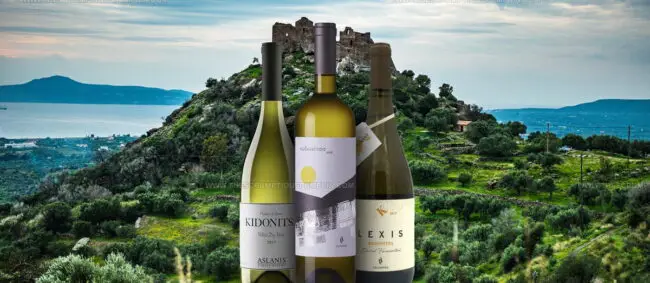
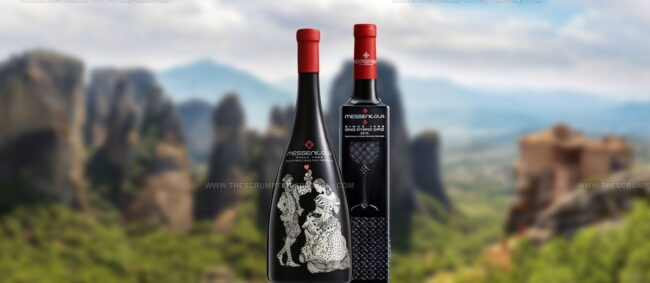
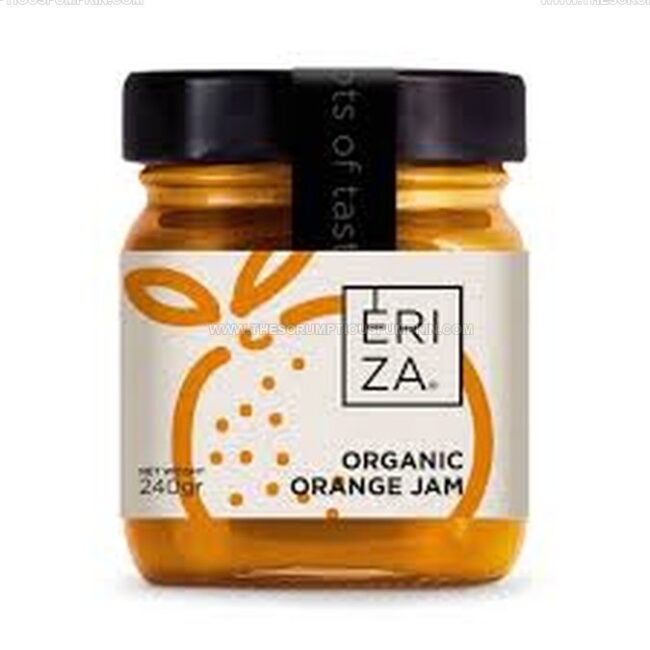
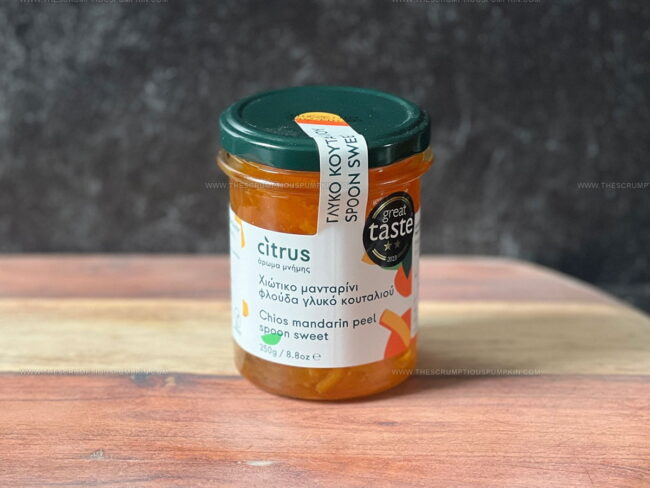
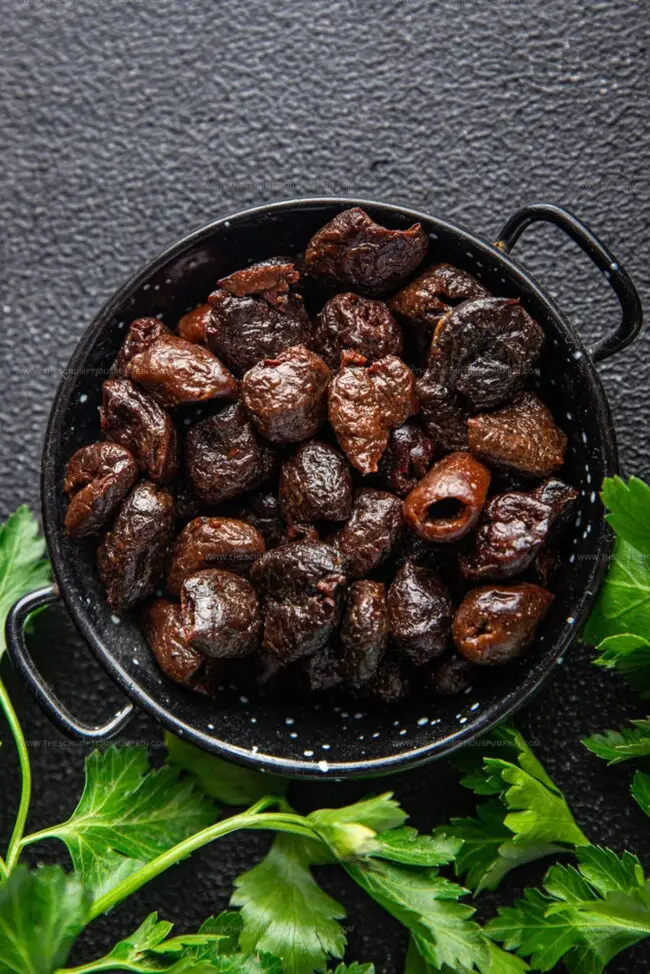
Lucas Bennett
Founder & Recipe Developer
Expertise
Education
Blue Ridge Community College – Certificate in Culinary Arts
Focused on seasonal cooking, sustainable kitchen practices, and farm-to-table techniques.
Appalachian State University – B.A. in English
Built critical thinking and analysis through diverse texts. Guided by faculty, it prepares graduates for publishing and more.
Growing up in the rolling hills of North Carolina, Lucas learned early that some of life’s best memories start around a kitchen table. After studying English at Appalachian State University and honing his culinary skills at Blue Ridge Community College, he dreamed of blending storytelling with rustic, seasonal cooking, and The Scrumptious Pumpkin was born.
Lucas focuses on easy, single-serving recipes that turn fresh, local ingredients into something special. His style is simple, heartfelt, and rooted in the beauty of the seasons. When he’s not testing a new dish, you’ll probably find him hiking in the Blue Ridge Mountains, browsing farmers’ markets, or scribbling food stories in a notebook.